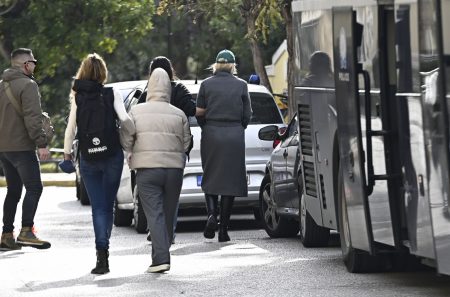Constant negotiations to achieve consensus is a constituent element of the EU.
When it comes to bargaining over power in the Union’s top organs matters are even more complicated.
One saw that in the last summit, the purpose of which was to pick the leadership of the European Commission and of other institutions, which lasted longer than the 17 hours that the EU negotiated with PM Alexis Tsipras in the painful summer of 2015.
The game of EU power balances today is clearly more complex after the results of the recent European Parliament elections.
The dominance of the two large political groups, the Christian Democrats and the Socialists, are a thing of the past.
The Franco-German axis is not as in sync as it used to be, and Chancellor Angela Merkel is no longer the all-powerful leader who announces decisions with which a host of leaders and states fall in line.
Political fragmentation, the greater strength of the Liberals and Greens, and the rise of a block of former Eastern European countries render the process of reaching agreement more difficult.
It should be noted that the predominant role in bargaining is played by parties and the individuals that they want to represent them and not the policies pertaining to the future of Europe which they will implement.
Obviously the posts of the president of the European Commission and of the chief of the European Central Bank are especially important, and the choice of who will occupy them is very significant.
The focus of the discussions right now is not the policies that they will implement or their views on the deepening of EU cooperation or how they will defend the role of Europe in a complex and particularly competitive world.
Although to some degree the choice of individuals reflects the policies that they espouse, paradoxically the clash is centred mainly on the replacement of individuals and not on the renewal or revision of European policies.
Let us hope that today’s continuation of the summit meeting will bring the much-desired compromise so that European institutions may rev up again and deal with the major problems that lie ahead for the EU, albeit without Mr. Tsipras, who chose to leave the summit and continue his campaign appearances.


